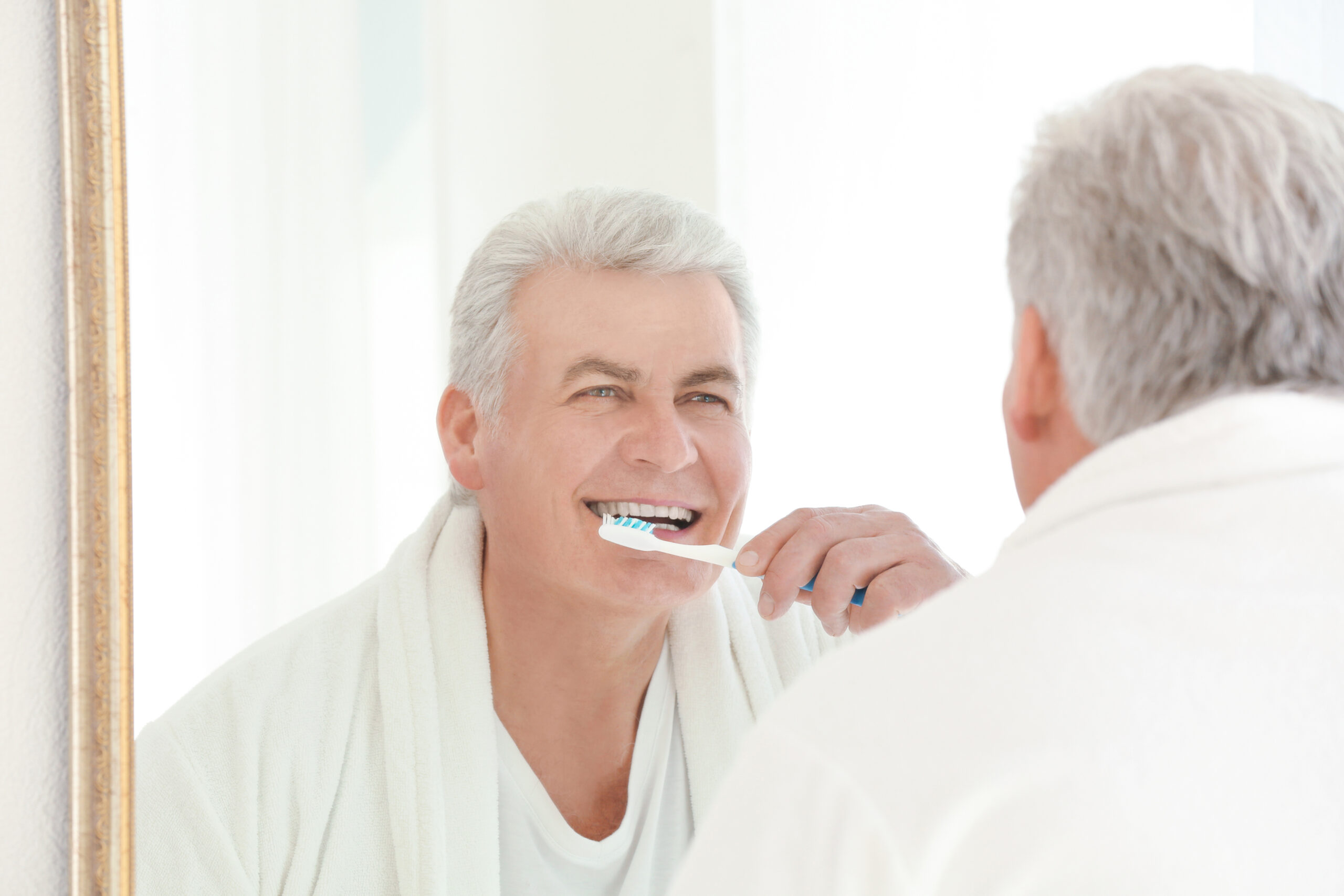Can poor sleep increase Alzheimer’s risk?
Sleep plays a crucial role in our overall health, and recent studies have highlighted its connection to Alzheimer’s disease. Alzheimer’s is a degenerative brain condition that affects millions of people worldwide, causing memory loss and cognitive decline. The question of whether poor sleep can increase the risk of Alzheimer’s is gaining attention, and here’s what we know so far.
Firstly, sleep disturbances can be an early warning sign of Alzheimer’s. Research suggests that people experiencing excessive daytime sleepiness might be at a higher risk of developing dementia, which includes Alzheimer’s disease. This increased sleepiness could be a sign that something is amiss in the brain, even before other symptoms like memory loss appear.
Another important aspect is the quality of sleep. Deep sleep, which includes slow wave and REM sleep, is vital for brain health. Studies have shown that spending less time in these stages of sleep is linked to brain shrinkage in areas vulnerable to Alzheimer’s. This brain atrophy can potentially increase the risk of developing the disease. The regions affected include the inferior parietal area, which is known to undergo early changes in Alzheimer’s.
The relationship between sleep and Alzheimer’s is complex. While poor sleep might contribute to the risk of Alzheimer’s, it’s also possible that the disease itself causes sleep disturbances. Scientists believe that both factors could be at play, making it a bit of a chicken-and-egg situation.
The good news is that sleep is a modifiable risk factor. This means that improving sleep quality could potentially reduce the risk of Alzheimer’s or delay its onset. However, more research is needed to fully understand how sleep affects Alzheimer’s progression and to develop effective interventions.
In summary, poor sleep quality, including reduced deep and REM sleep, is associated with increased risk factors for Alzheimer’s disease. While the exact relationship is still being studied, maintaining good sleep habits could be an important step in protecting brain health.





